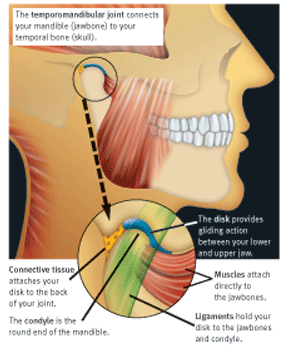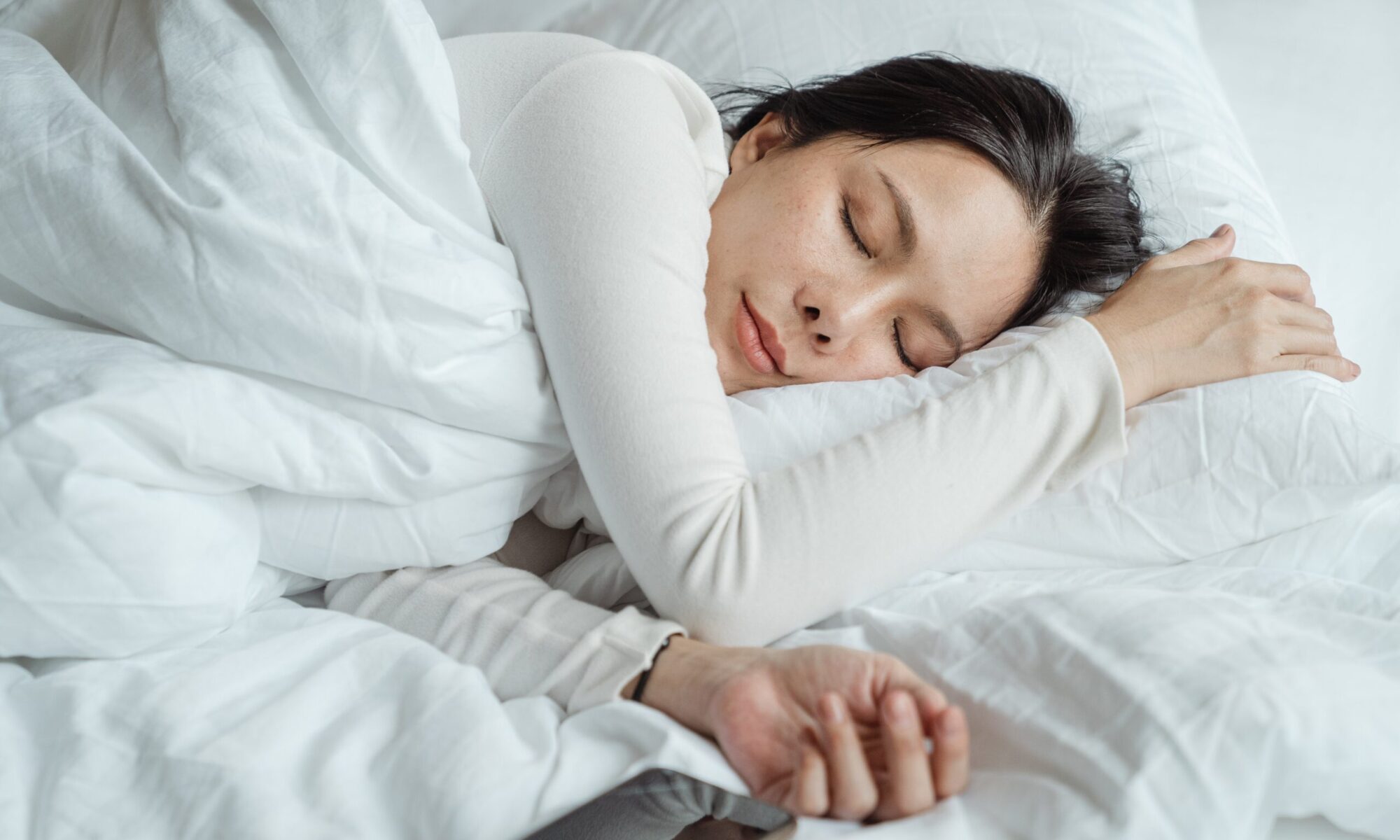Dizziness a usually a symptom, indicating that something else is going on, rather than a disease in itself. Dizziness can be a feeling simply of light-headedness, or even of the the room “spinning,” or of being unbalanced. Fortunately, while not uncommon it is often of a temporary nature.
What is dizziness?
Dizziness can be accompanied by actually fainting or seizures too. It may place individuals who may have other health conditions, or who are older, at risk for falls. Just like Excessive Daytime Sleepiness (EDS) it can also be dangerous for drivers and those operating machinery.

Why do you get morning dizziness?
As dizziness is primarily a symptom, there are many possible reasons — from an underlying medical condition to medication, tiredness to a night out, perhaps partying too hard.
Morning dizziness is not uncommon and something that occasionally happens to people, and therefore should be noted but not necessarily worried about if its a one-off occurrence.
If you’re dizzy in the morning right after you wake up, it could be a result of the sudden change of balance as your body adjusts from a reclining position to a standing one. “Getting up too quickly.”
Dizziness can also occur when the fluid in your inner ear shifts, such as when changing positions quickly although it could be also be an indication of an ear infection (although this appears to be a not un-common misdiagnosis with unnecessary treatment.)
Colds or sinus infections may also cause dizziness to worsen because you have excess fluid and swelling in your sinuses, which are linked to the inner ear. Obstructive sleep apnea often worsens the symptoms of sinusitis due to stomach acidity causing sinus inflammation.
Sleep apnea and morning dizziness

If you have sleep apnea or your partner has informed you that you snore a lot, your nighttime breathing patterns may be to blame for your morning dizziness.
Sleep apnea is actually an obstructive breathing condition, which means you temporarily stop breathing at night if you have it. Those interruptions in breathing can lead to lower oxygen levels, which could cause dizziness in the morning when you wake up.
Dehydration and morning dizziness
One of the most common causes for waking up with dizziness is actually dehydration.

If you drink alcohol before bed, for example, you may be especially dehydrated when you wake up in the morning.
Alcohol – Even if you don’t drink any alcohol, you may get dehydrated if you work in a hot environment, don’t drink enough liquids, take diuretics (water pills), drink a lot of caffeinated beverages or sweat a lot.
Morning dizziness and low blood sugar
Waking up dizzy in the morning could also be a sign that you have low blood sugar, so you’re dizzy before you eat any food in the morning.

Those with diabetes often take medications, you can become dizzy from hypoglycaemia in the morning if you don’t eat enough the night before or if your medication dose is too high.
You can be hypoglycaemic even if you don’t have diabetes. If you regularly experience periods of dizziness, fatigue, or feeling sick and weak in between meals or snacks, talk to your doctor to be tested for hypoglycaemia.
We are all aware of the term “Hangry” – maybe eat a little but frequently and avoid sugar.
Medications and their potential effect on morning dizziness
If you’re taking any regular medications, they may be the cause of morning dizziness. More commonly is the multiple medication combinations that many of us take in the Western world.
Talk to your doctor about what side effects your current medications might have and if your prescribed medication is the cause. There may be a solution, like taking your medicine at a different time, or not at all. Never discontinue prescribed medication without professional healthcare advice.
Temporomandibular Joint disorder (TMD) may be the cause of morning dizziness.
Temporomandibular dysfunction (TMD) is a jaw joint dysfunction often overlooked. Chronic TMD can affect the ears, posture and balance and can result in frequent dizzy spells.

How to reduce morning dizziness
The most important thing you can do to reduce morning dizziness is to stay hydrated during the day. Sometimes this is difficult as drinking right before bed-time can increase the need to get up in the night to use the bathroom.
Even if you don’t feel thirsty, your body can still be at risk for getting dehydrated, especially if you have a very physically active job, if you work outside, or if you engage in a lot of intense exercise. Drink before you get thirsty.
Aim for at least a litre of water a day and more if you’re very active, pregnant, or are a type of person who tends to sweat a lot drink more – but don’t drink too much as you may get dizzy! Sweating will increase dehydration.
Avoid drinking alcohol, or caffeine drinks especially before bed to reduce morning dizziness.
Avoid drinking alcohol, especially before bed, and drink a full glass of water before bed and after waking up before you even get out of bed. To make it convenient, you can keep a water glass or bottle next to your bed to drink water first thing in the morning.
If these measures don’t work, you may have a medical condition that’s causing your dizziness. In this case, you should consult your doctor to try to determine the cause of your dizziness. Conclusions
Talk to your doctor about your morning dizziness
If you’re regularly waking up with dizziness or having any regular episodes of dizziness throughout the day or all day, talk to your doctor to rule out any possible medical conditions that could be causing the dizziness.
There are many conditions that could lead to dizziness, so it’s important to review if your dizziness doesn’t go away or if it’s happening every morning.
If it is a jaw joint/position disorder – temporomandibular disorder (TMD), an adequately trained and experienced dentist should be sought out, a second opinion is often beneficial.
If you have the signs and symptoms of obstructive sleep apnea (OSA) you may wish to investigate this. There are many potentially serious problems OSA and may be associated with heavy snoring too, another potentially (but rarely considered) disorder.
Talk to a qualified dentist if you think you may have TMD, they can also screen for OSA.
In case of dizziness both OSA and TMD (which may be found in association) may be present. If this is the case the often “automatically” provided treatment o mask, hose and pump (continuous positive airway pressure ( CPAP) may not always be the ideal approach as it can worsen TMD symptoms and therefore dizziness if this is a causative factor.

Dr. Stephen Bray 2020

